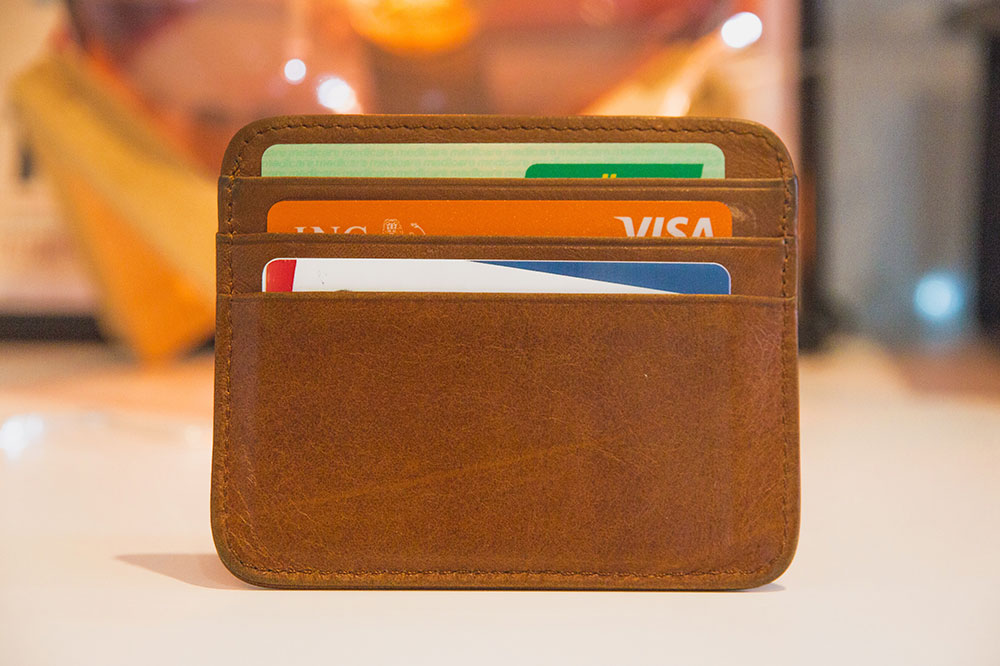
4 Simple Tips to Avoid Credit Card Debt
Credit cards are beneficial financial tools if used with caution, but they can also be the reason you end up in a financial crisis if you do not use them properly. Credit cards come with their set of pros and cons. A message like “minimum payment due” can entice you, but it is just for the time being. Credit cards carry rotating charges and can increase your financial worries every time you delay the payment. It is best to incorporate some practical tips to avoid credit card debt and maintain or improve your financial stability.
The number one rule is to avoid or keep outstanding balances to a bare minimum. Accumulating credit card debt can worsen over time and may harm your credit score immensely.
Make use of the holiday period
A very effective tip to avoid credit card debt is to manage your credit card by taking maximum advantage of the holiday season. Considering the billing cycle and other factors, there will be a 50-day interest-free period on your card. So, avoid the financial setback by making planned purchases around the holiday period to avoid interest.
Evaluate the billing cycle clearly
This tip works in tandem with the first one and gives you a huge advantage when followed. There’s a 30-day credit-free period offered by most credit card companies, but this starts from day one of the monthly billing cycle and not from the day you make a purchase. This means if you purchase a product today and the billing period starts tomorrow, you have only one day of the interest-free period. Having said that, postponing your purchases by a couple of days gives you an interest-free holiday.
Knowing the billing cycle can help you plan your purchases, and this is one of the most helpful tips to avoid credit card debt and manage credit card payments effectively.
Speak to your creditors or the card company
While faced by a financial crisis, making timely payments is not possible, but the interest keeps mounting. To deal with this, you can get in touch with your creditors and ask for a reduced rate. This is subject to the condition of having a good credit score and being a long-term customer, generally making payments on time. Your request will mostly be considered, and they might also match the deal if someone else has offered a lower rate.
Target a single card
If you have an outstanding balance on multiple credit cards, it can become burdensome to handle all of them together. In such cases, it’s best to concentrate on one card and clear its dues first. You should choose a card to pay off depending on a few factors:
- If you intend to pay off one card fully, focus on the card with the lowest balance
- If you are looking to boost your credit score, target the card with the highest utilization rate
- If you want to pay less in interest, choose the card that has the highest interest rate first



